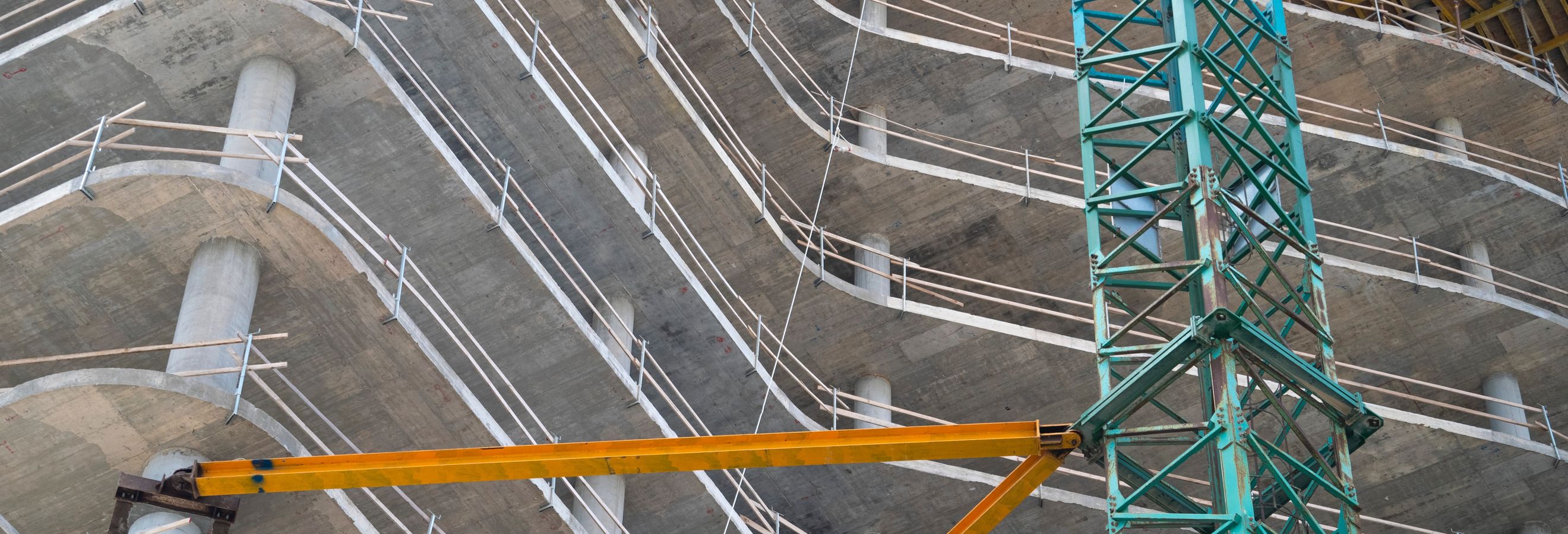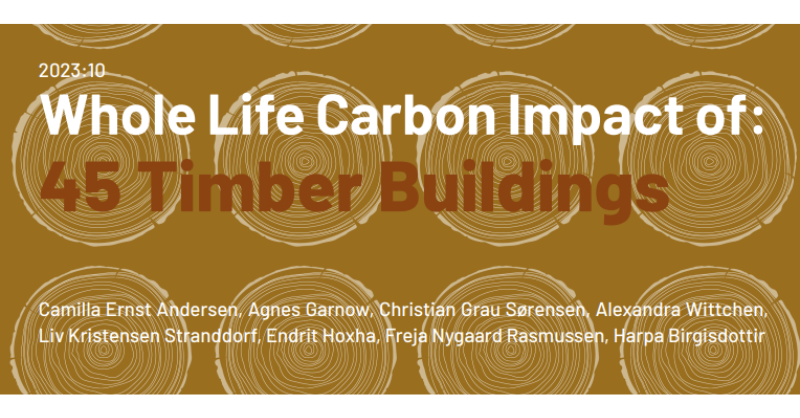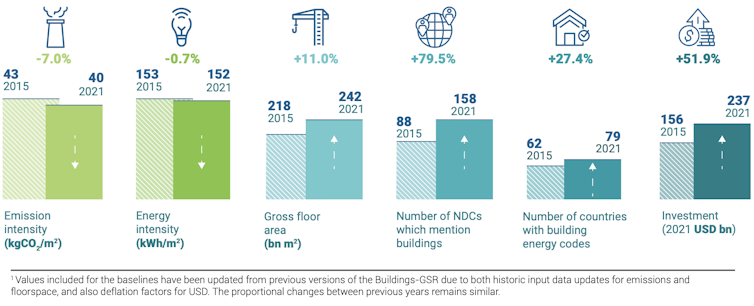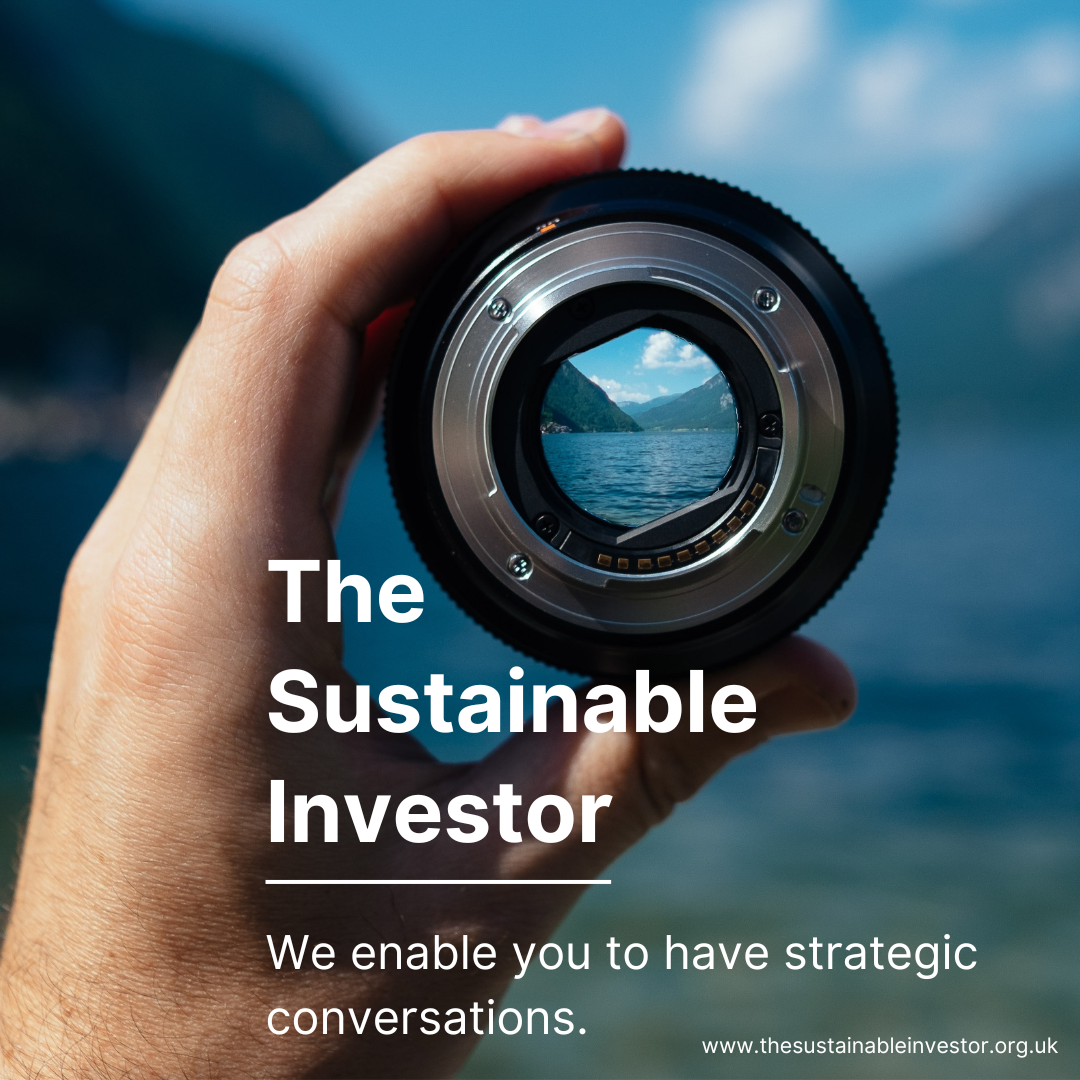
Better building regulations can drive greener buildings
Getting involved in updating building codes might seem technical and a bit boring. But, it's probably the best and most efficient, at scale solution to creating a more sustainable building industry.
"You can use an eraser on the drafting table, or a sledge hammer on the construction site". Frank Lloyd Wright
In terms of making our buildings more sustainable, and potentially more valuable, we need to start as early in the design process as possible. Sustainable design needs to be second nature, a sort of default reflex action. But, contrary to how it's often portrayed, the design process is not normally a case of a blank sheet of paper and an architect seeking inspiration. It's normally something much less dramatic. It's the building codes, or, if you come from the UK or parts of Europe, building regulations. These serve as the standard template for building designs. We need to create new templates, that architects, engineers and developers can easily use.
Why this is important: As sustainability professionals, we want to deliver solutions that move us along the path to net zero (and all of the other related sustainability goals). And we know that aspiration and targets are not enough. We need to have on the ground solutions that work, and that make value creation sense.
In many ways the buildings sector is an easy one, we know what we need to do. And we increasingly have real world examples that can serve as 'lighthouses or beacons'. But, in the case of buildings we have a material barrier to change, building codes. While these are 'behind the curve', most new buildings will fall short of where we need to be, both in a sustainability and a financial sense.
Getting involved in updating building codes might seem technical and a bit boring. But, it's probably the best and most efficient, at scale solution to creating a more sustainable building industry. If your organisation is involved in any way in the built environment, including as a tenant or building owner - you need to get involved. Build alliances, research and lobby.

The details
Summary of an article published by Architects Journal:
Design codes could – and should – be the quickest and most effective way of pivoting the construction industry into delivering low-carbon, climate-adapted buildings that are designed for our ageing population and changing ways of life. They offer the opportunity to replace the current stock building designs – which cheap 'plan-smiths' repeat time and again across different sites – with models that are exponentially better for people, place and planet.
The reality is that not every client – whether private or commercial – can afford (in time or money) a new bespoke design from the award-winning end of our profession. Which is why they rely on the end of the industry which turns out a pattern-book planning application at a very low fee. But design codes will only deliver on this potential if our best architects elbow themselves into the process of developing them, rather than standing on the sidelines with a mixture of disdain and fear. This is an opportunity to shape a whole generation of new buildings for the better – and one that architects should seize quickly, before it is too late.
Why this is important
We all know the scale of the challenge we face around making our built environment more sustainable. And, by and large we know what we need to do. Better building insulation, more sustainable heating and cooling, and a shift into more sustainable building materials. Or put simply, better design.
Most buildings are not prize winners.
As the Architects Journal highlights, 'not every client can afford a new bespoke design from the award-winning architectural team'. Most clients want a good building at a reasonable price, one that gets through the planning, design, and construction process quickly, and with the minimum of pain. Which is what good building codes offer.
And, it's not as if we don't have the knowledge about better solutions. To take just one example, the use of timber in buildings. This is a complex issue, with some legitimate concerns around issues such as fire safety. But, well researched solutions exist. As an example, a recent report (Whole Life Carbon Impact of 45 Timber Buildings) has brought together the extensive experience of building in timber in Denmark. The title really says it all, with the report investigating the environmental impact of the buildings, plus the practical challenges encountered. They cover everything from small residential, up to office buildings. We don't have to reinvent the wheel every time. But we do need to spread the knowledge and get it included in our building codes.

This is a global issue
This is not just a European issue. The Global Buildings Climate Tracker has mapped a direct reference path to a target of zero-carbon building stock in 2050. In their recent progress report they highlighted the slow progress, specifically noting that three-quarters of countries still do not have mandatory energy-efficiency standards for all building types. Those pesky building codes again.

And this is not just about new buildings. Building codes also cover major refits, which is where we really need to make progress. Plus, it's not just office and industrial buildings, it also includes residential. So your actions can help your community have warmer and safer homes, future proofing what is often a families biggest single asset.
And, its a financial/value creation issue as well
We know that more sustainable buildings are often more valuable. Tenants are willing to pay higher rents, partly due to lower operating costs but employee demands also play a part. And as a consequence, building owners value sustainable buildings more highly.

As a Sustainability Professional, if your organisation is involved in any way in the built environment, including as a tenant or building owner - you need to get involved. Build alliances, research and lobby. It could be the single most important action you take.
You may also be interested in ...

Something a little more bespoke?
Get in touch if there is a particular topic you would like us to write on. Just for you.
Contact us
Please read: important legal stuff.


